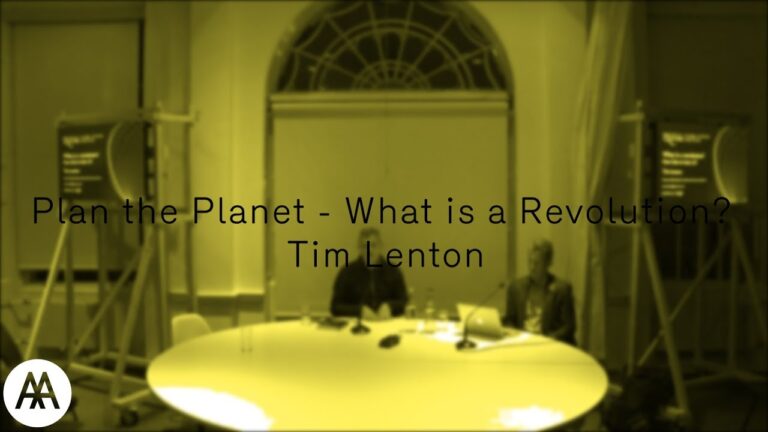
“It has been long considered possible to explain the more ancient revolutions on […] the Earth’s surface by means of these still existing causes; in the same manner as it is found easy to explain past events in political history, by an acquaintance with the passions and intrigues of the present day. But we shall presently see that unfortunately this is not the case in physical history: the thread of operation is here broken, the march of nature is changed, and none of the agents that she now employs were sufficient for the production of her ancient works.“
— Baron Georges Cuvier, Essay on the Theory of the Earth
Timothy Lenton is Professor of Climate Change and Earth System Science at the University of Exeter. In April 2013 he was awarded the Royal Society Wolfson Research Merit Award. He graduated with a first-class degree in natural sciences from Robinson College, Cambridge in 1994 and completed his PhD under Andrew Watson at the University of East Anglia in 1998. Lenton has taken an interest in the Gaia Hypothesis for much of his career. Early in his career, in the journal Nature, Lenton addressed a concern that the Gaia Hypothesis was incompatible with the theory of natural selection by demonstrating that a model based on Daisyworld was strengthened by incorporating natural selection. Lenton, with Andy Watson, co-authored the book Revolutions that Made the Earth; it expands on the ideas of James Lovelock on the Gaia Hypothesis, by highlighting mechanisms by which the Earth system has been stabilised by negative feedbacks throughout Earth history.
source